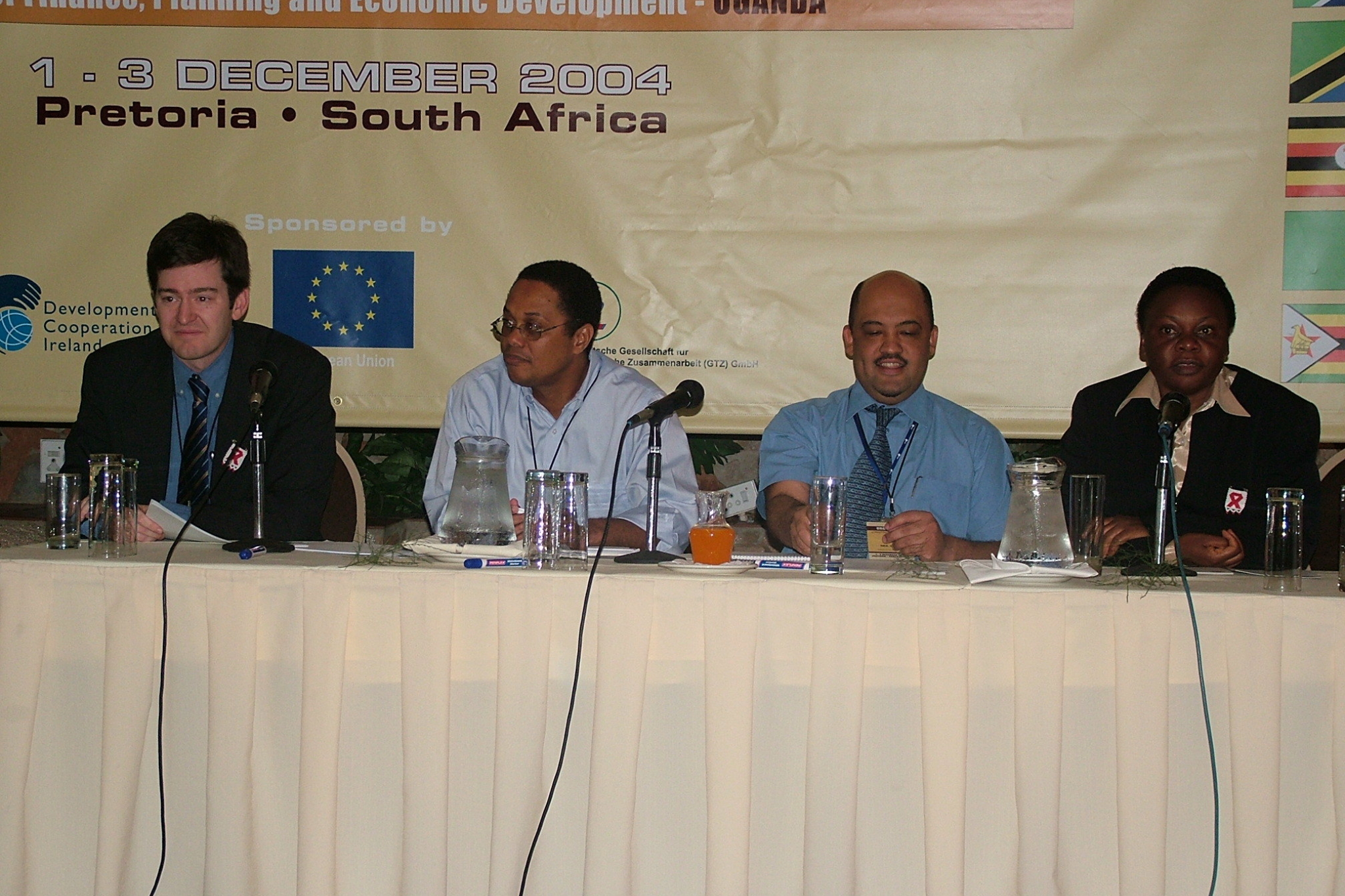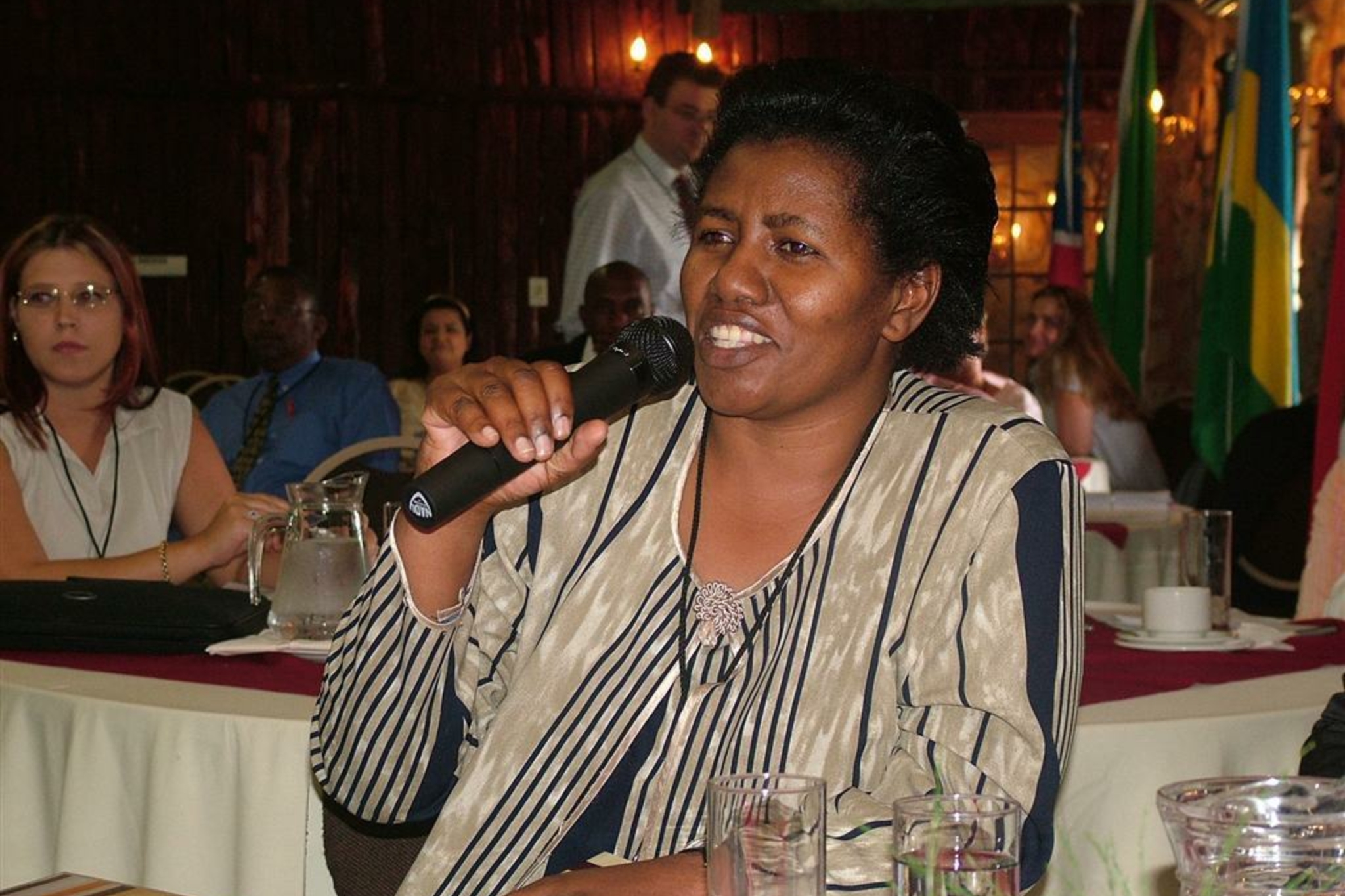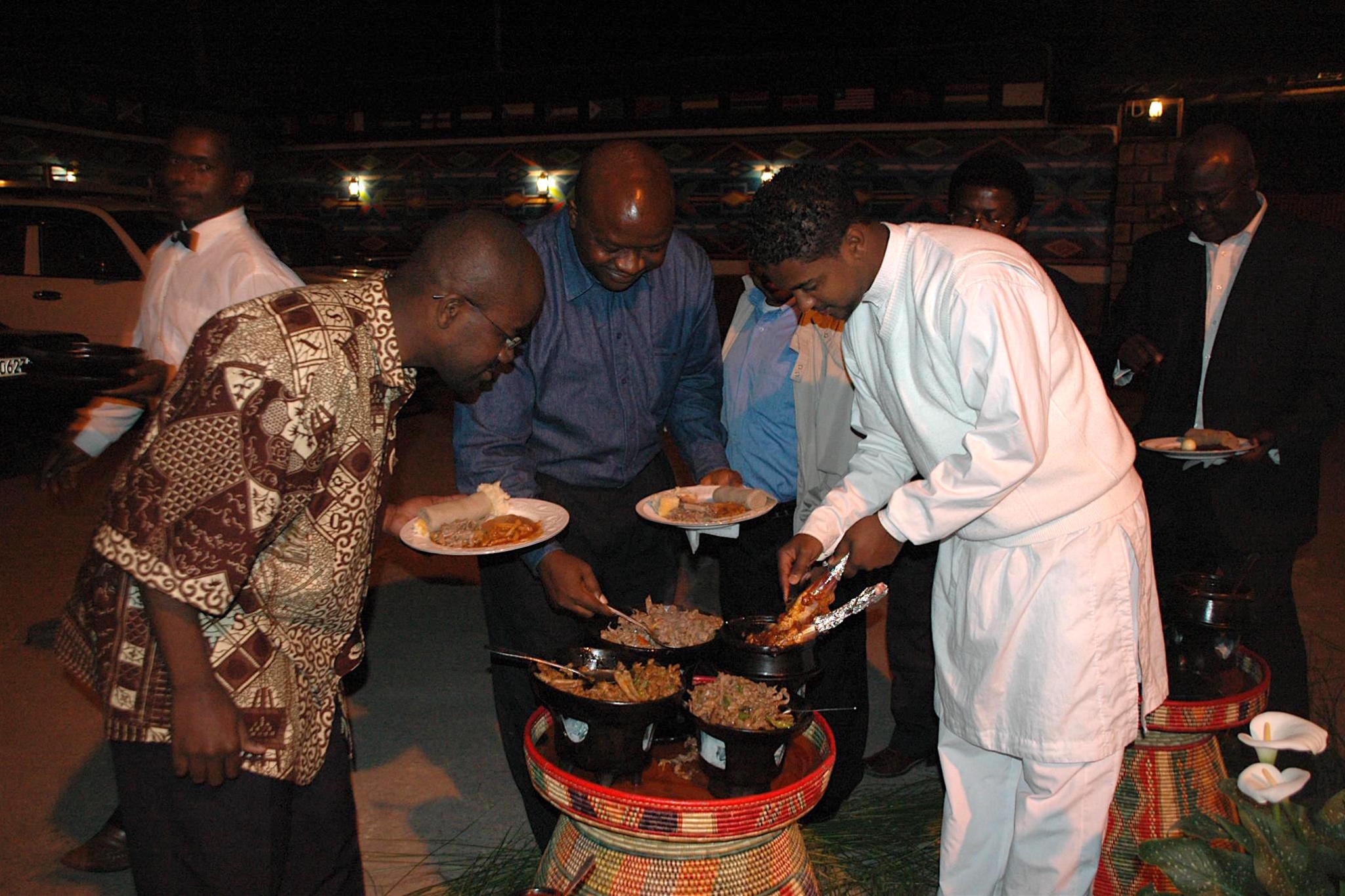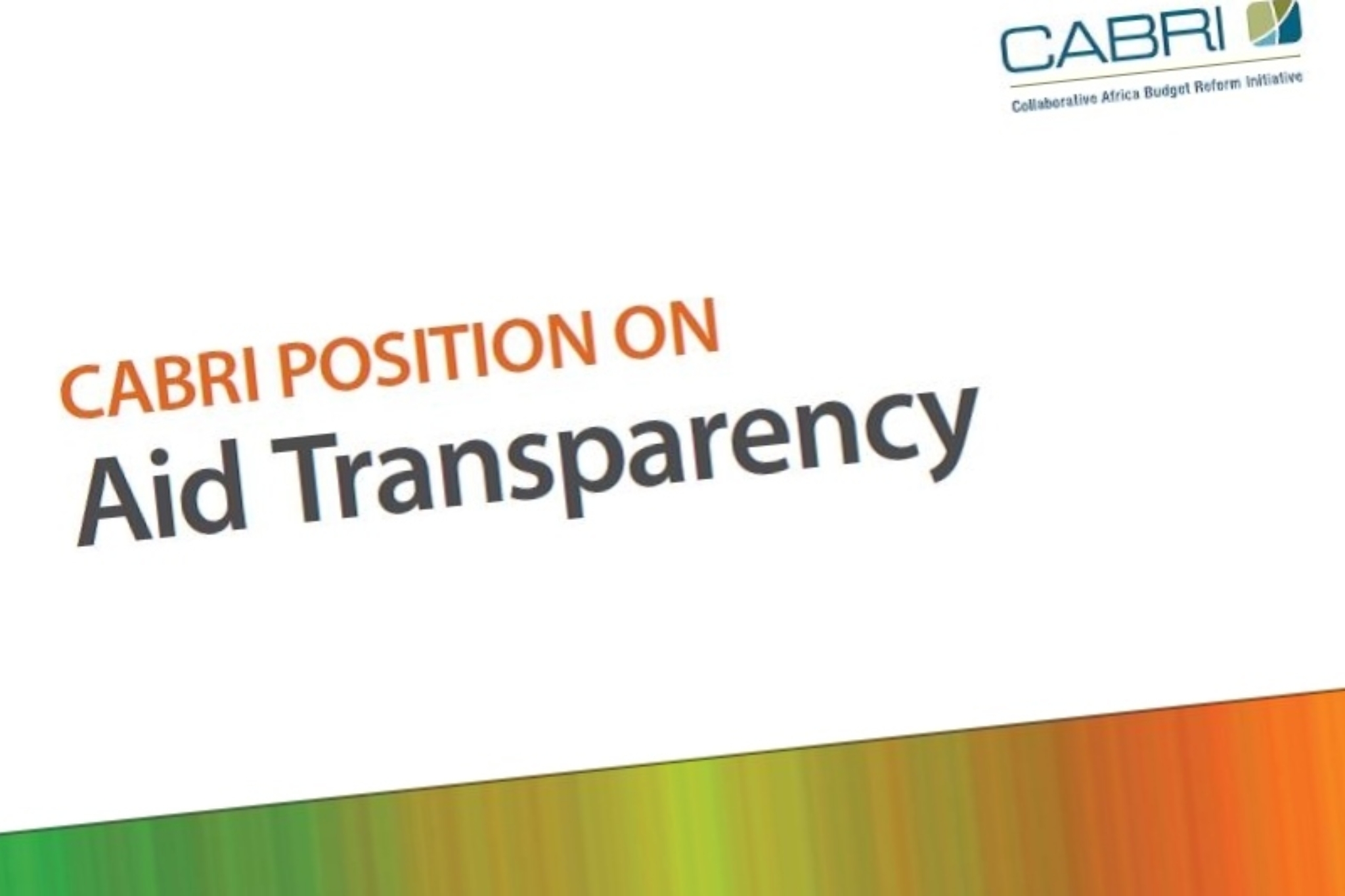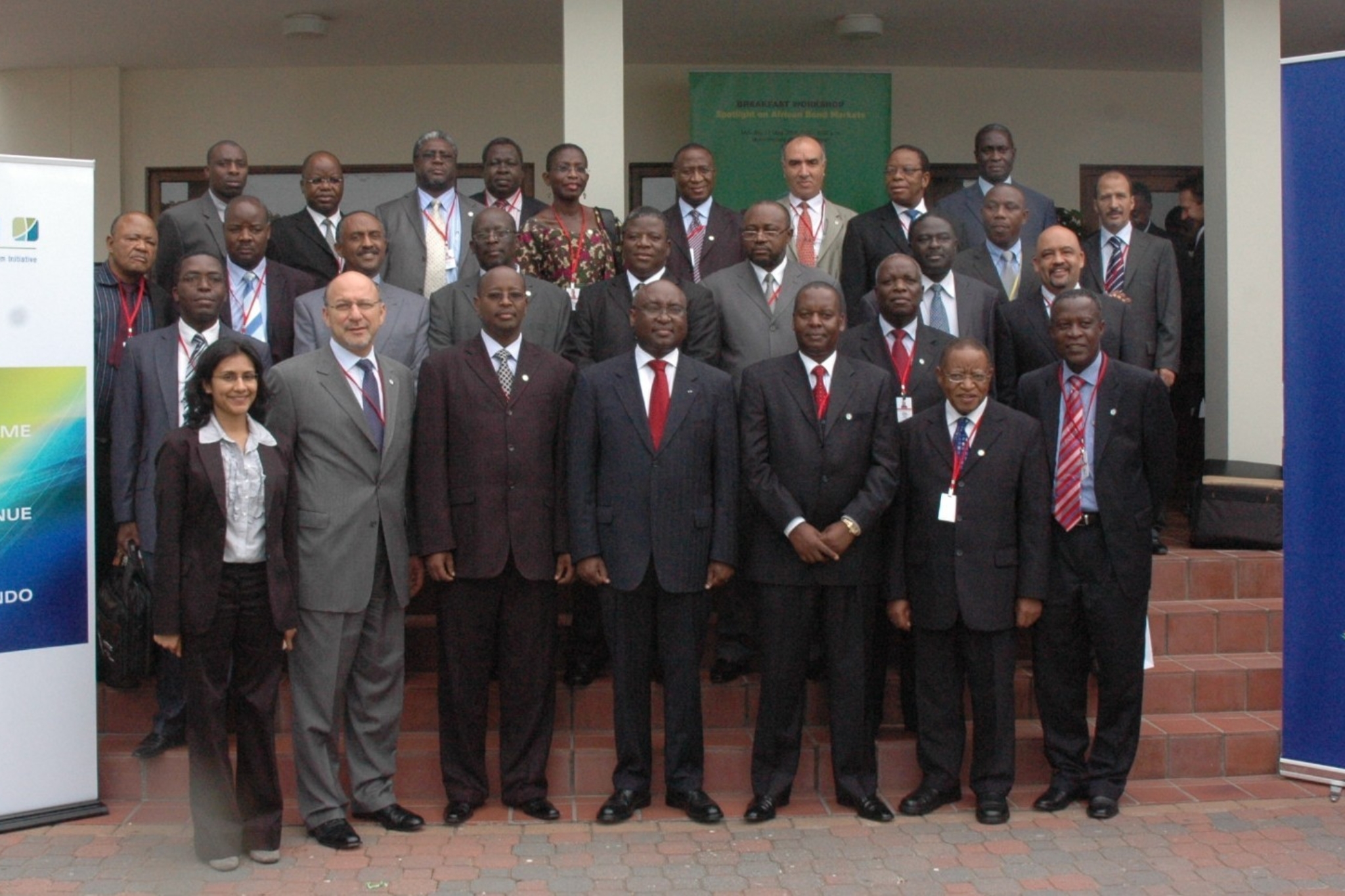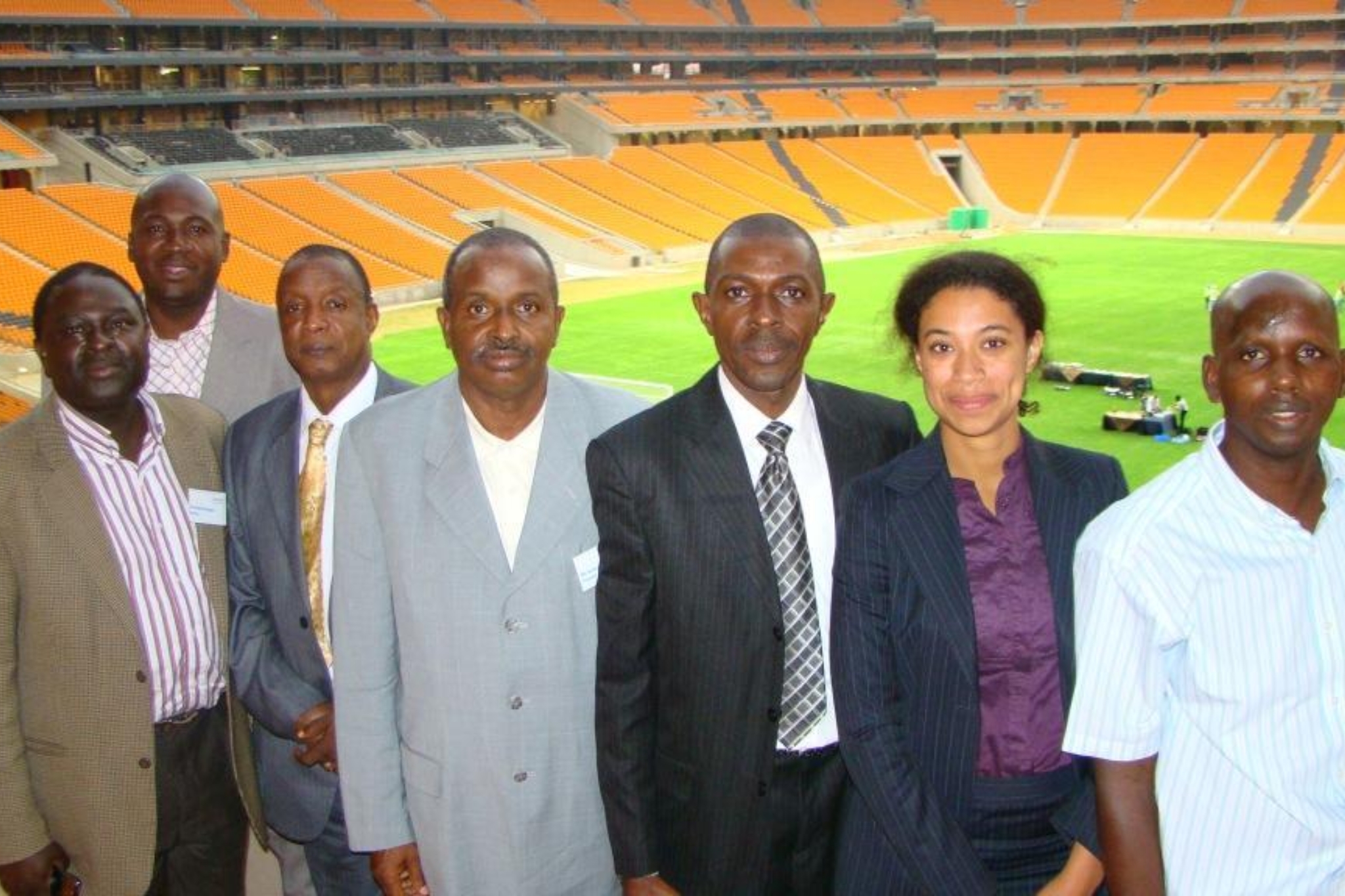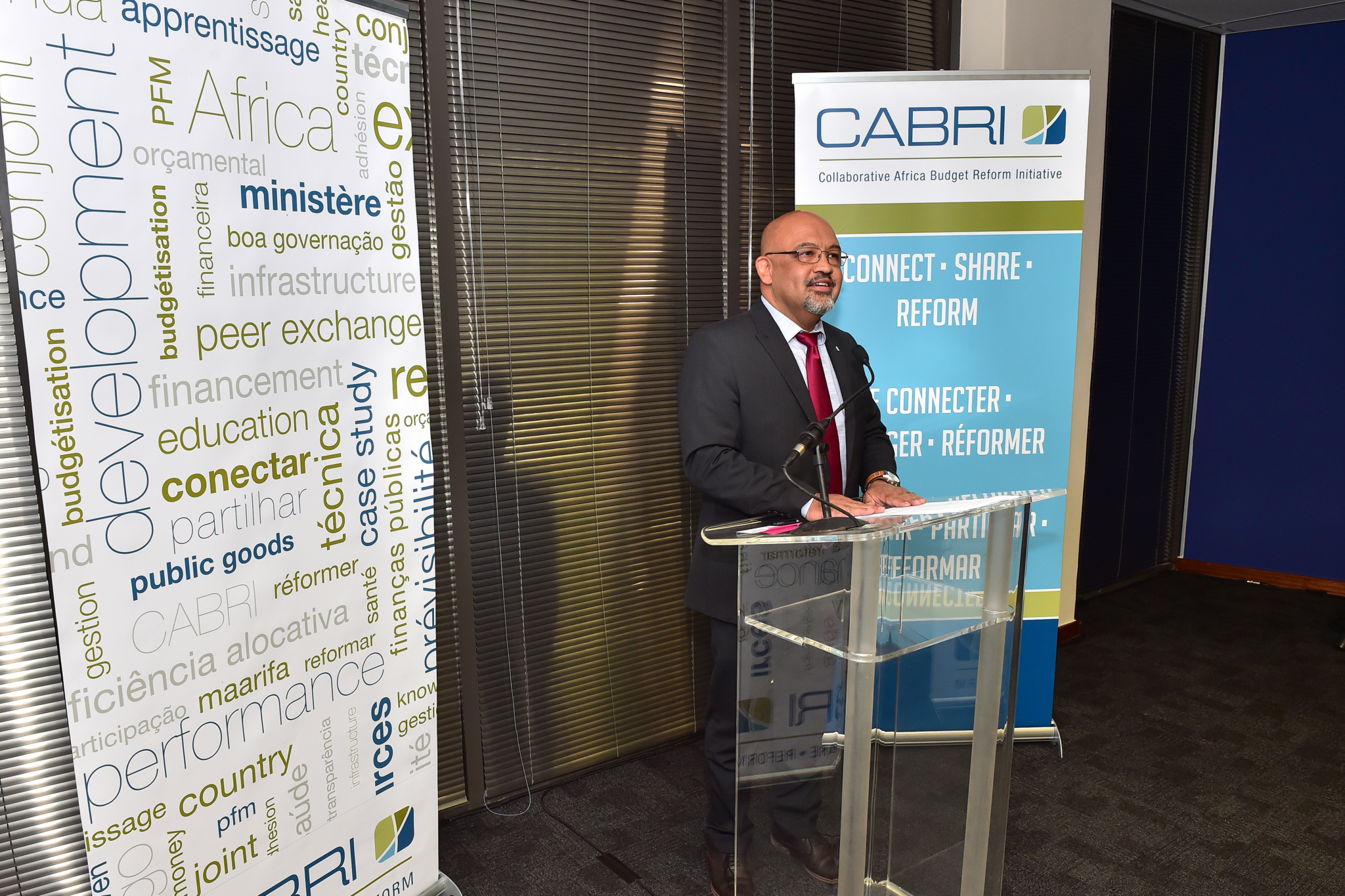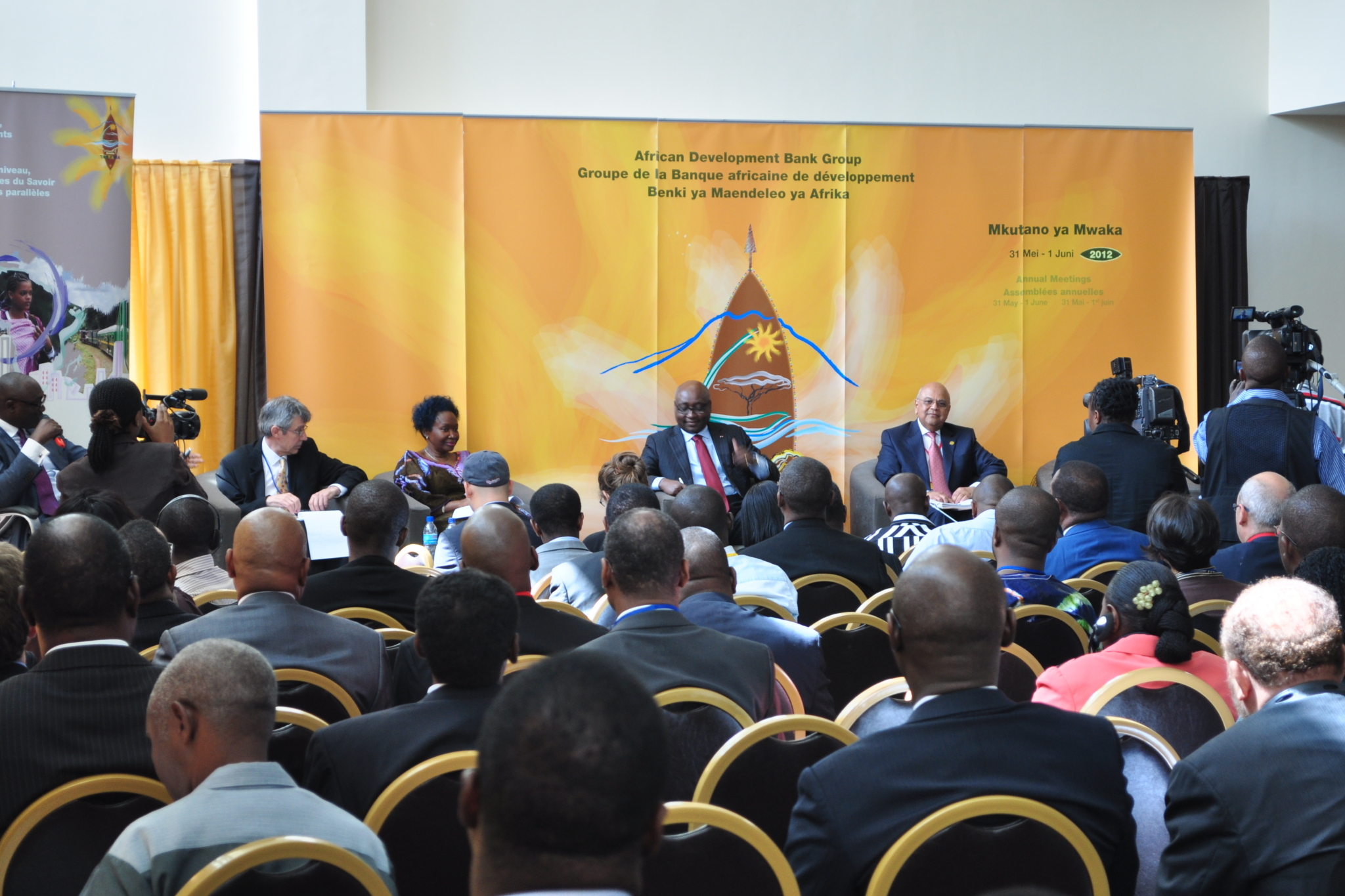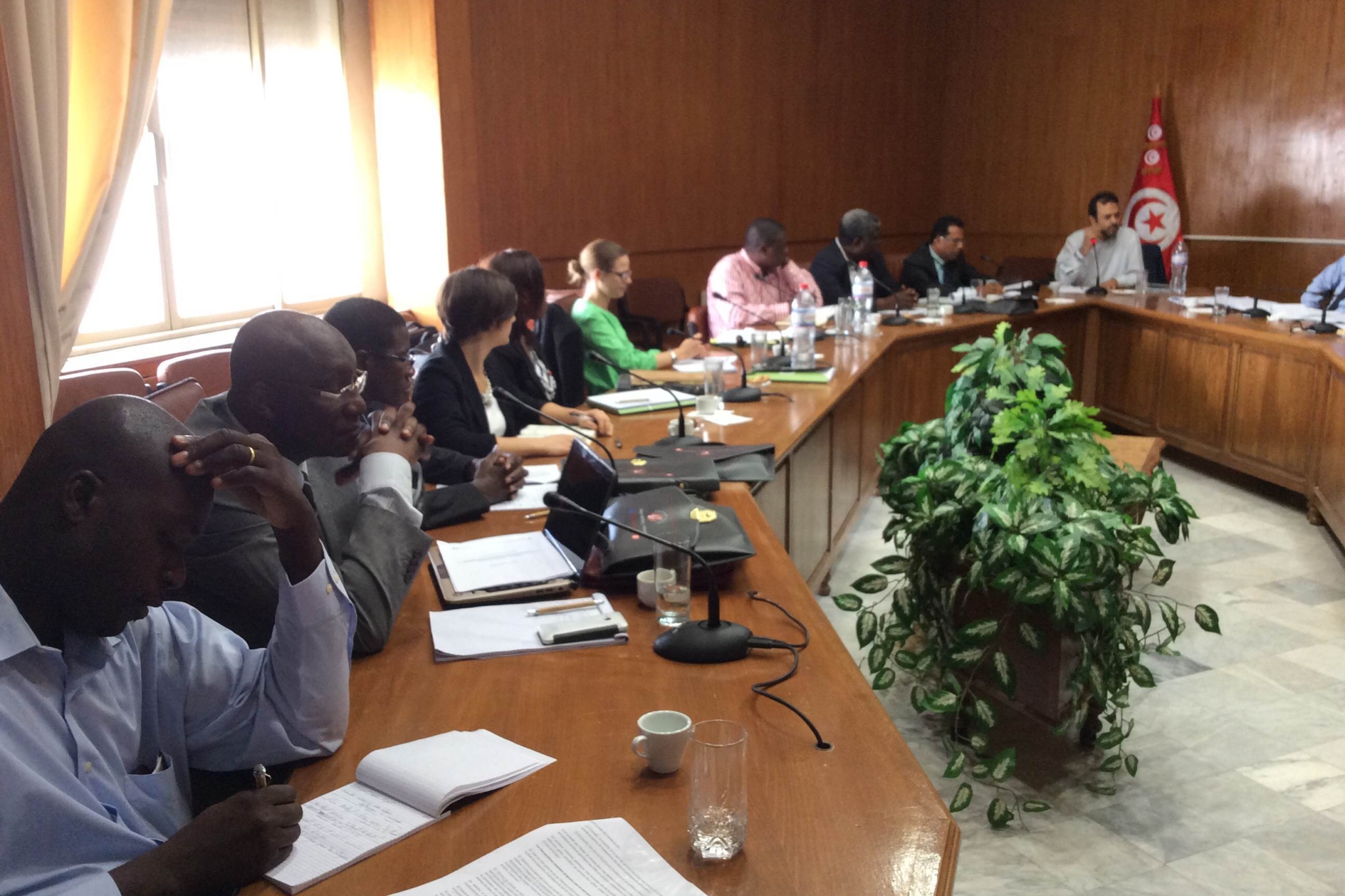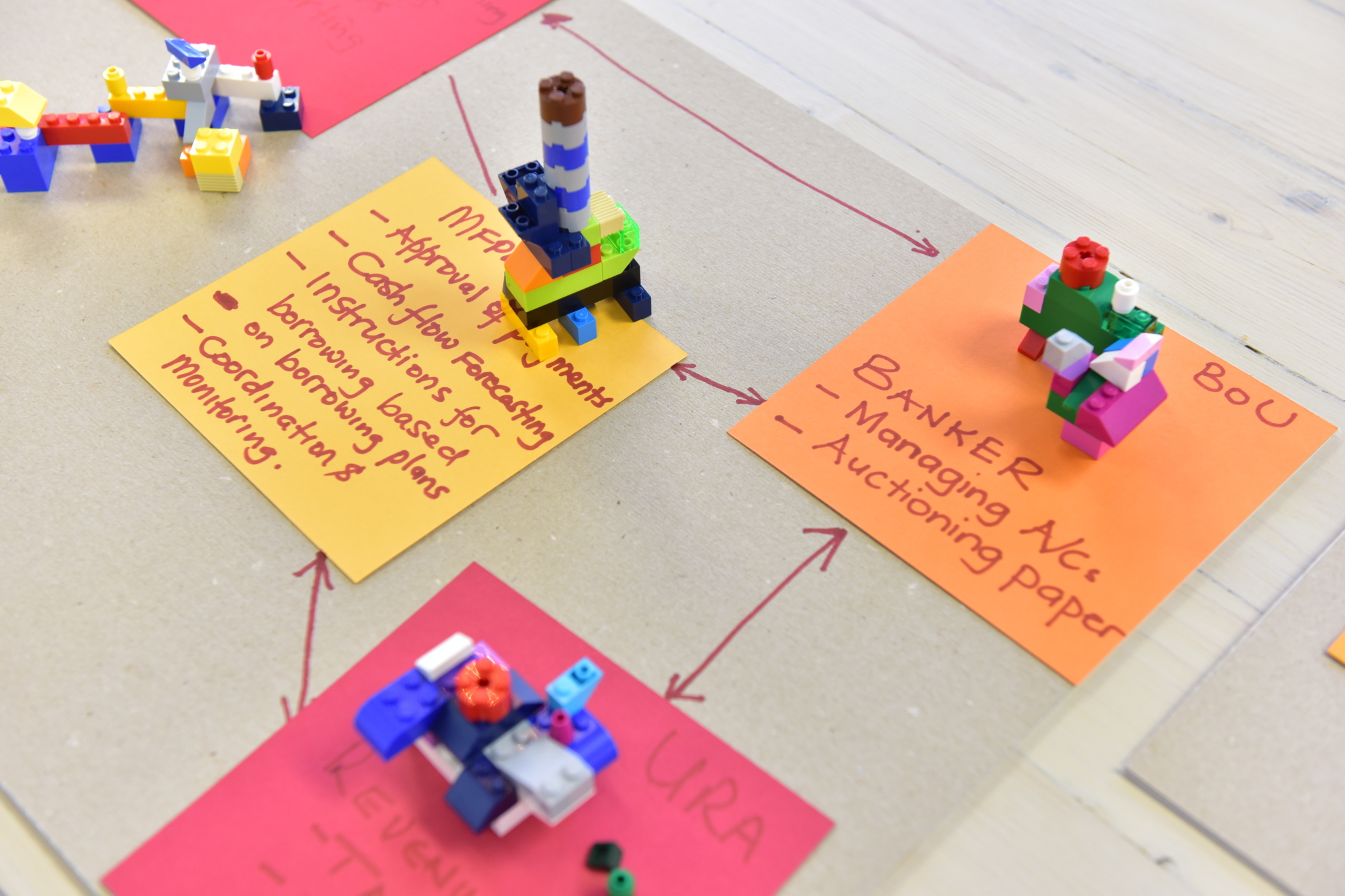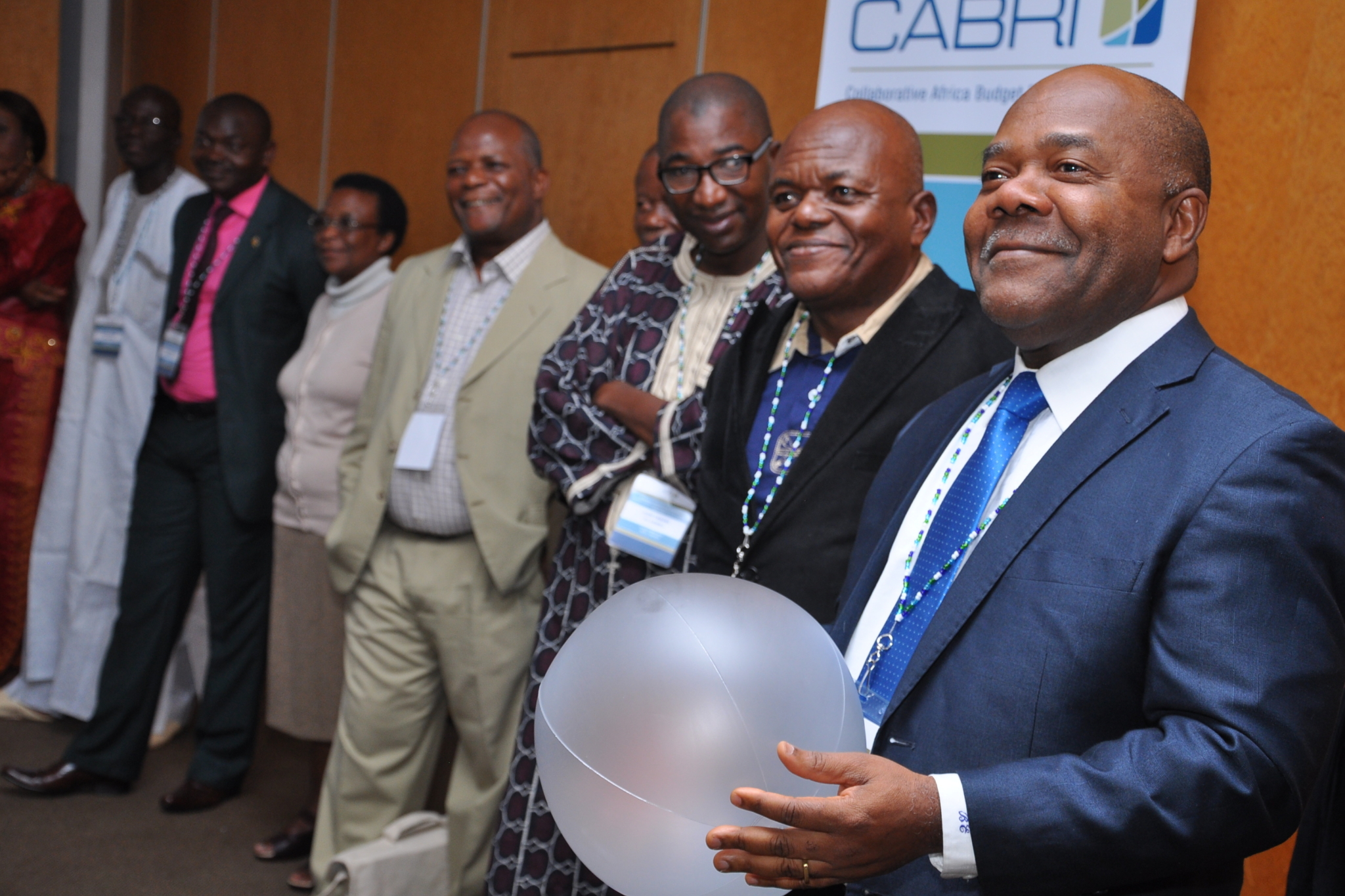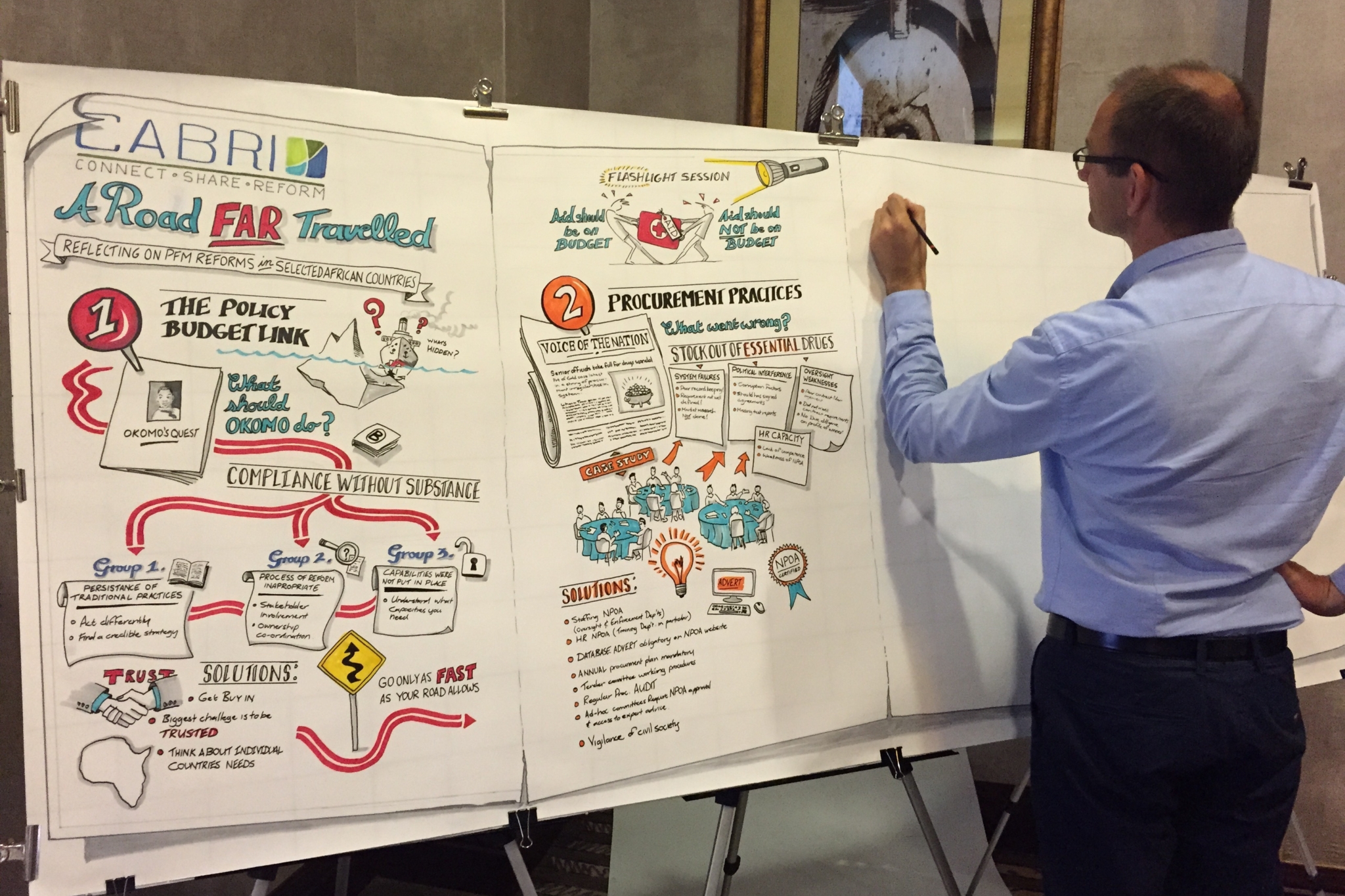CABRI’s development path can be characterised by four phases:
In its inception phase, between 2004 and 2006, CABRI was launched as an informal network in response to a need for shared learning on public financial management issues within an African-led forum. Interest in the network grew and, following a series of consultations, a Memorandum of Understanding was signed by 11 countries in Nairobi, Kenya in November 2005. This gave rise to a semi-legal association of senior budget officials.
Between 2006 and 2011 CABRI deepened its recognition among senior budget officials, and in the international arena, as a home-grown peer network. The network became a legal entity, following the ratification of its international agreement by the six founding countries: Ghana, Kenya, Mali, Rwanda, Senegal and South Africa. CABRI’s membership has continued to grow since its establishment as an international organisation in December 2009.
In the third phase, from 2012/13 to 2014/15, CABRI developed its niche and further broadened its scope of work. The network signed a host country agreement with the South African authorities and moved into its own offices. The first three-year strategic plan was developed, which set out a programme of work that reflected the technical depth and breadth of work. The number of activities grew substantially, as did the number of participating countries from around 25 to 40.
CABRI's fourth phase, running from 2014/15 to the present, aims to proactively establish a broader agenda of public finance management reforms and deepen its influence at a country level. It has also brought on board a public debt management work stream, and developed its second three-year strategic plan.
